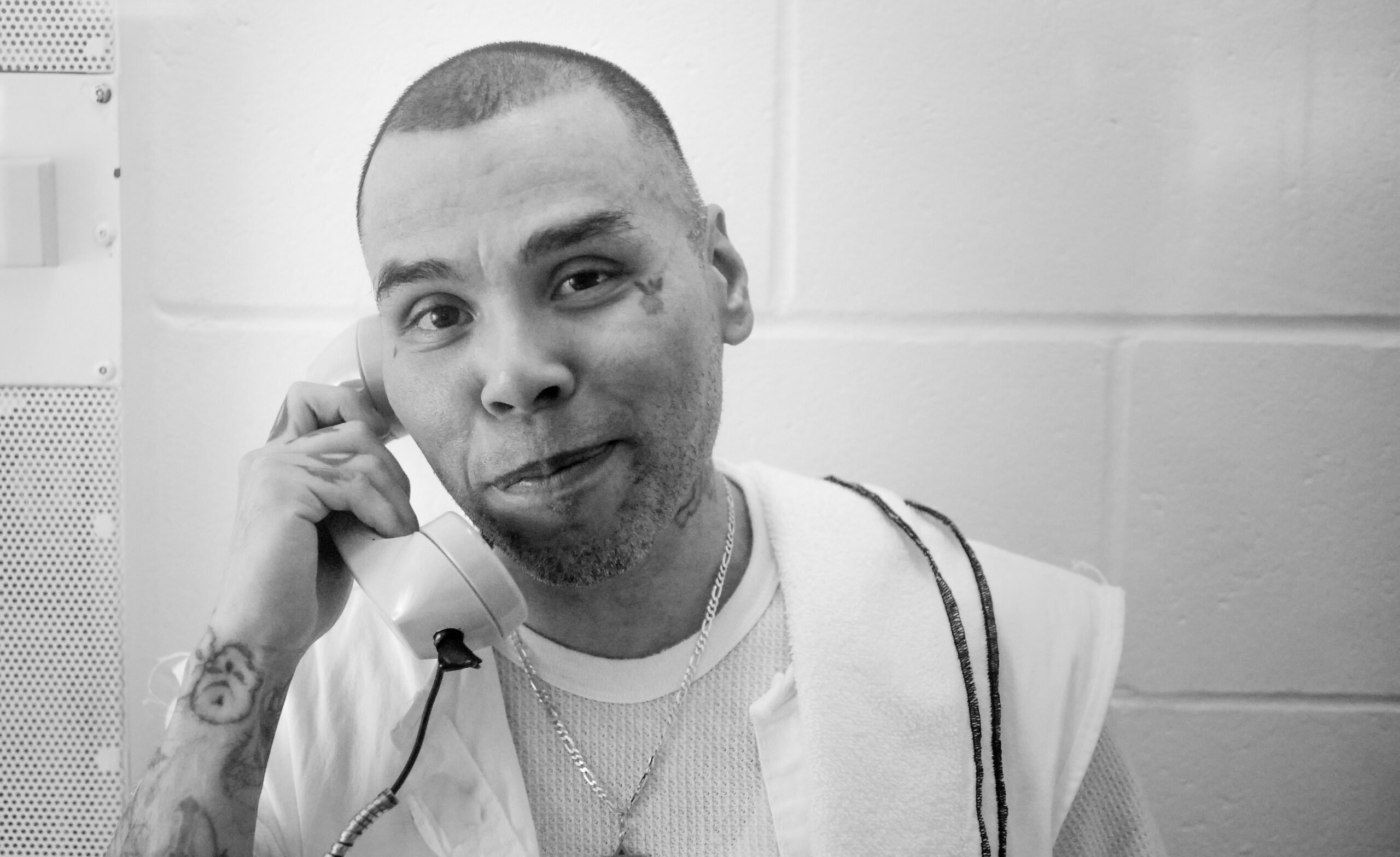In search of God: The state asks for mercy for those on death row

The state of Texas plans to execute 41-year-old Ramiro Gonzales next Wednesday, June 26. Not for the first time, his lawyers are asking Governor Greg Abbott and the Texas Board of Pardons and Paroles for clemency. This time, the lawyers are arguing that he deserves life because of his religious development and service on death row.
Gonzales was sentenced to death in 2006 for the murder of Bridget Townsend. Townsend had witnessed Gonzales robbing his drug dealer’s house in 2001.
His lawyers filed a clemency petition on June 5, requesting a hearing on Gonzales’ impending execution. The committee denied the request but will vote by Monday, two days before the scheduled execution, on whether to recommend the governor grant clemency.
“The role of executive clemency is ostensibly to prevent miscarriages of justice that may still occur because of the fallibility of our criminal justice system,” said Thea Posel, one of Gonzales’ attorneys. “Fundamentally, it is an opportunity for those in power to grant clemency and recognize not only grave injustices, but also the power of rehabilitation and the human capacity for change.”
Texas governors have rarely granted clemency to death row inmates. The only time Governor Greg Abbott did so was in 2018, when Abbott reduced Thomas Whitaker’s sentence after his father — a victim of Whitaker’s 2003 familicide plot — pleaded for clemency for his son.
The Texas Court of Criminal Appeals (CCA) stayed Gonzales’ original July 2022 execution two days before it was due to take place after an expert who had testified that Gonzales posed a future danger to society retracted his testimony. The state’s highest appeals court ordered a lower court to review the case in light of this new information. On the recommendation of a lower court judge, the CCA denied Gonzales’ request earlier this year, and the state set his execution date for June 26. The U.S. Supreme Court also declined to hear the case in February.
While incarcerated, Gonzales became one of the first members of the Texas Department of Criminal Justice’s Faith Based Program on Death Row, in which participants live in a special housing area and take religious classes. State prison systems have offered similar programs to the prison population for decades, but TDCJ was the first to expand the initiative to death row in 2021. According to his clemency petition, Gonzales found God in the Medina County Jail before the trial for Townsend’s murder after a visiting preacher gave him a Bible.
Gonzales’ participation in the death row program and his spiritual journey are at the heart of clemency appeals from his lawyers and tens of thousands who have signed online petitions opposing the planned execution. Before he received his execution date and was moved to a special “death watch area,” Gonzales was a mentor and coordinator of the Faith Based Program and often mentored other people on death row. While incarcerated, he received a bachelor’s degree from a theological seminary.
“Is clemency appropriate in a case where execution is the judicial punishment imposed on (Gonzales) for a heinous crime, but granting him clemency would save souls that would otherwise be lost?” he asks in his petition for clemency.
Such religious language is common in clemency petitions in Texas. Texans sentenced to death often ask for clemency on religious grounds, drawing parallels from scripture and theology between misguided religious figures and Texas’s death row inmates and invoking the transformative power of faith. Historically, these arguments have failed to persuade governors and their pardon boards to grant clemency, even in Texas.
Last October, Will Speer, the first inmate coordinator of the Death Row Faith Based Program, was scheduled to be executed. Despite his extensive work with the program and his spiritual development, the board unanimously denied his clemency request, which emphasized his religious devotion. For reasons unrelated to his clemency request, the appeals court granted a stay five hours before his scheduled execution.
Speer told the observer this week that it was difficult for the men in the program – which he said was “not just some nice-sounding babble, but life-changing, life-enhancing, life-giving courses” – when an execution date was given for one of their leaders.
“There are men for whom change is new, some are new in the faith,” he wrote in a message to the observer“They need a lot of help to see things in a new light or from a different perspective. It’s not always easy to live with one mentality for 20, 30, 40 years.”

A comment in The New York Times praised Gonzales’ efforts to donate a kidney and his spiritual growth on death row. “His attempt to donate a kidney represents more than just a modification of the simple logic of an eye for an eye,” wrote Rachael Bedard, who worked as a palliative care physician at Rikers Island for five years and met Gonzales after hearing about his case. “It is an expression of hard-won self-awareness and the good he has found in himself, mixed with remorse.”
In addition to emphasizing his religious devotion, Gonzales’ current clemency petition also includes grim details about his childhood – mitigating circumstances such as child abuse and mental illness are also a common thread that appears in many clemency petitions in Texas.
He was raised by his mother’s parents and was allegedly sexually abused by his cousin and others as a child, according to court documents. He became addicted to drugs after his aunt, with whom he was close, died in a car accident when he was 15. He struggled in school and had to repeat several grades. He was still in 8th grade when he dropped out of school at 16.
But Gonzales’ lawyers told the observer that in this second clemency petition, they wanted to focus not only on the reasons why Gonzales “does not deserve to die,” but also highlight the reasons why he should live and continue his ministry on death row.
“In the free world, clergy and religious leaders are seen as pillars of society. … In the same way, Ramiro is a leader in prison society,” Posel said. “He deserves clemency for numerous reasons, but faith is inextricably linked to all of them, as it is an essential part of who he is and how he has sought to atone for his sins and the pain he has caused.”



